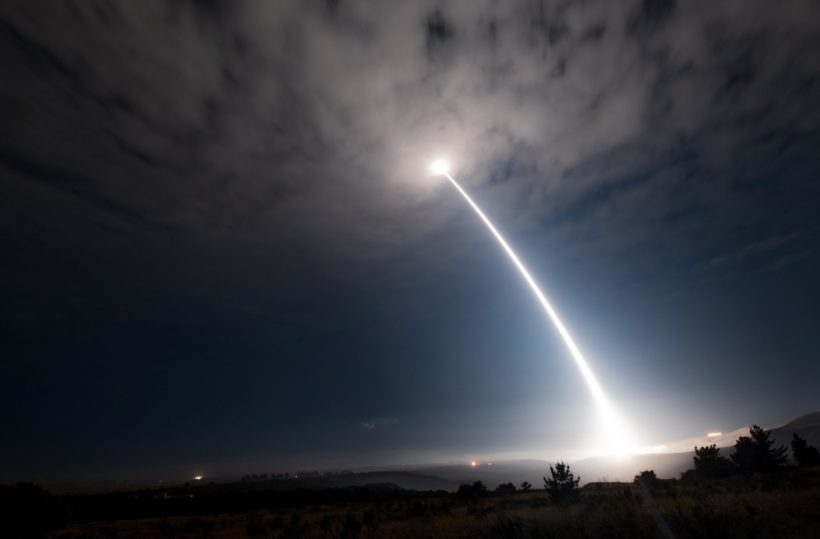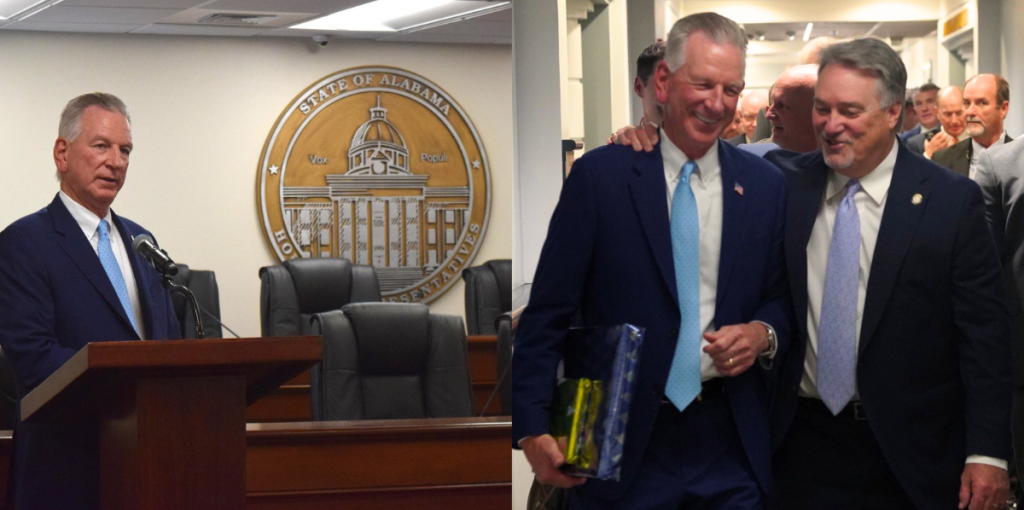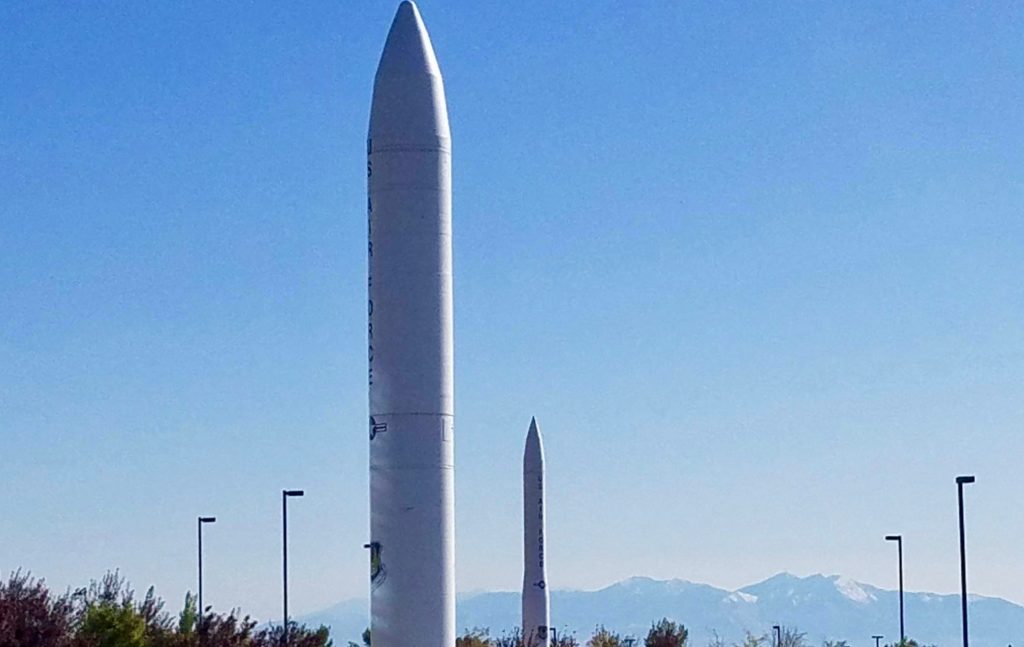
The looming possibility of a nuclear conflict between the United States and North Korea is more than enough to remind Americans of the worth of an able and efficient defense. Most Americans don’t devote much time to considering the technical aspects of the U.S.’s missile defense strategy, but luckily, Senator Luther Strange has. Last week, Sen. Strange submitted legislation that, if enacted, would ensure that the Ground-Based Midcourse Defense Program (GMD) could continue to effectively protect Americans were North Korea, or any other country, to attack us with nuclear missiles.
GMD, an unsung guardian of America’s welfare, is America’s most vital defense against the threat of incoming intercontinental ballistic missiles carrying biological, nuclear, chemical, or conventional warheads. In the event of such a grim eventuality, as enemy missiles arc through space and begin their descent, a flock of Ground-based Interceptor missiles from Fort Greely, Alaska or Vandenberg Air Force Base, California would climb through the clouds and destroy them far above the earth, where any fallout or debris could do little harm to the innocents below. Sen. Strange’s proposed legislation would protect GMD from a ruinous policy conceived by the Obama administration: “disaggregation.”
Disaggregation entails the “in-sourcing” of missile defense development within the government. As of now, Boeing and Northrop Grumman as well as a variety of reliable smaller contractors constitute the GMD program. However, if the government were to proceed with disaggregation, instead of contracting firms to meet the goals of the program, the Air Force would purchase components from different firms and combine them into one hypothetically cohesive government-administered program.
Not only would this result in an inherently more bureaucratic system, it would mangle programs that are already remarkably efficient and streamlined. Worse yet, it would almost certainly result in the distribution of some work and contracts to firms without the extensive and impressive track records already had by GMD’s current contractors. Therefore, it’s crucial that Sen. Strange’s colleagues see the reason in his proposed legislation.
The United States can’t afford to let the misguided policy of disaggregation sow uncertainty and create national security risks by imposing so severe a change to the nature of the country’s only defense against nuclear weapons right as we find ourselves caught in the horror of a potential nuclear conflict with North Korea.
Additionally, proceeding with disaggregation would likely escalate the cost of the program by inflating the number of bureaucrats involved in the assembly of this proposed centralized approach to missile defense and—in the inescapable style of American bureaucracy—the government would create an ever-multiplying number of departments intended to supervise and guide these newly hired bureaucrats. Taxpayers should find this prospect petrifying, not only because it would cost them more, but because it would translate into less high-paying job opportunities.
Boeing’s headquarters for the GMD program is in Huntsville, Alabama and even though Boeing is tasked with providing a public service, they do it with all the energy and economic might that is inherent to a private firm shaped by market forces. Were disaggregation to ensue, not only would many Alabamans working at Boeing’s GMD headquarters find themselves jobless thanks to government meddling, but were they to get a similar job in the newer, more bureaucratic version of GMD—they would probably be paid much less. And it’s not only employees at titanic defense contractors like Boeing who would be affected, it would also be people working at smaller regional firms that support GMD, like Sexton Welding & Supply, Iroquoi Systems, Wildwood Electronics, and Apex Technology Design of Alabama.
Sen. Strange’s proposal is commonsense. The costs of embarking on the path of disaggregation are too high for America’s national security and the security of its taxpayers and labor force. The lure of centralization and distrust of market forces that were characteristic of Obama’s tenure in office should not be allowed to persist.
About the Author: Michael Shindler is a writer living in Washington, DC. His articles have appeared in outlets including Real Clear Defense, Washington Examiner, and The Hill, and his work on defense spending has been cited by the Congressional Research Service. Follow him on Twitter @MichaelShindler.












